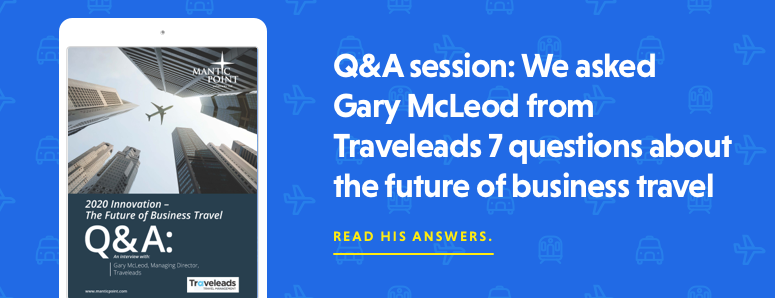
Before the referendum it seemed that most UK travel brands supported remaining in the EU. Now in the post-Brexit era, it seems like those opinions haven’t changed. With the UK’s exit of the EU expected to take several years, a number of the key issues within the travel industry are yet to be addressed. However, the early indications suggest that the majority of speculation about Brexit’s effect on the travel industry seems to be true.
Increasing Cost of Travel
There is little doubt that the UK’s exit of the EU has increased costs for the travel industry, but how far they continue to increase will depend on the settlements that are reached and how smoothly the transition is managed.
The short-term impact of Brexit saw fluctuating exchange rates that has resulted in a weaker pound. Looking forward, EU health insurance and other expenses such as mobile roaming charges will need to be renegotiated. This is bad news for the UK’s outbound tourism industry as the cost of travelling will dramatically increase. This poses a number of repercussions within the travel industry.
Firstly, despite the slow adoption of virtual conference technology in traditional businesses, due to a preference for corporate travel and face-to-face meetings, a sudden increase in travel costs could be the motivation businesses need to make the switch. Therefore, the increasing costs of business travel open up an opportunity for other online communication technologies to serve as a replacement for corporate travel. Sharing economy brands such as Airbnb stand to benefit as businesses seek to reduce the damage of a weaker pound. Either way, this is an opportunity for TMCs to increase merchandising offerings to aid business travellers looking to save money post-booking.
However, Brexit could still have a silver lining, as the weaker pound is expected to increase inbound business travel to the UK. The weaker pound has already resulted in travel from the US to the UK being 10% cheaper than it was pre-Brexit. For this reason, leaving the EU could increase the number of US businesses opting to fly employees to the UK, instead of virtual meetings/conferences.
Problems for the Aviation Industry
In the long-run, the UK exiting the EU may also result in the UK exiting the single aviation area or ECAA. This agreement liberalised the European airline industry, allowing budget airlines to flourish. If the UK cannot renegotiate its membership successfully, the price of UK flights to the EU is set to rise.
The same issues apply with the US and any other markets that the EU has access agreements with. For many years, the “open skies” agreement between the EU and US has allowed the transatlantic aviation market to grow. Now leaving the EU, it's possible that the UK will have to negotiate a separate agreement with the US over the coming years. In reality, due to the importance of the agreement to both countries and the ‘special relationship’ we have with our transatlantic neighbours, these negotiations should be relatively simple.
Uncertainty around Brexit has already led to delays in political decision-making. For example, the decision to build a new terminal at Heathrow or Gatwick has been deferred. The concern is that the ongoing uncertainty, especially around the outcome of the negotiations, will lead to a paralysis of decision making.
What Will Remain?
Amid the hysteria of post-Brexit, it may seem like everything is changing. However, some experts believe certain components within the travel industry will remain in place.
For example, visa-free travel is likely to stay. With the UK operating a free visa or visa-on-arrival service in over 175 countries and territories, plus 68% of business travel going to EU countries, it wouldn’t make sense for the EU to make this aspect of travelling difficult for UK citizens. However, if the EU rejects UK's visa-free travel and EU border controls increase, business travellers will require more travel documentation. To reduce the delays this issue may create, business travellers will appreciate itinerary apps with integrated document delivery systems.
In addition, the plan to abolish mobile roaming charges in the EU by June 2017 is likely to go ahead and still apply to UK citizens after minor negotiations take place, mainly because the UK led the charge. This is key for business travellers, as mobile technology becomes increasingly important in simplifying the corporate travelling experience. With travel technology in place, the immediate travel experience will feel very similar for business travellers.
Even if the changes go ahead, it is reasonable to assume the UK will implement similar regulations that protects UK travellers within the EU. This assumption is increasingly credible considering that the “free movement of goods and services, investment and people” has previously benefited the EU, as well as the UK.
Conclusion
As with most Brexit matters, the future remains unclear as issues still await renegotiations. Nevertheless, Brexit has already increased costs and slowed down the decision-making process within the travel sector. Over time, the UK’s ability to rebuild its relationship with the EU will be a key factor in determining the extent of Brexit's impact on the industry.
It’s essential that travel companies start to plan for a future outside of the EU, to enable them to minimise the negative effects discussed. With the future of the travel industry in the balance, it's important to carefully consider expert predictions - here's what Gary McLeod, from Traveleads, thinks about the future of business travel in our Q&A session.


